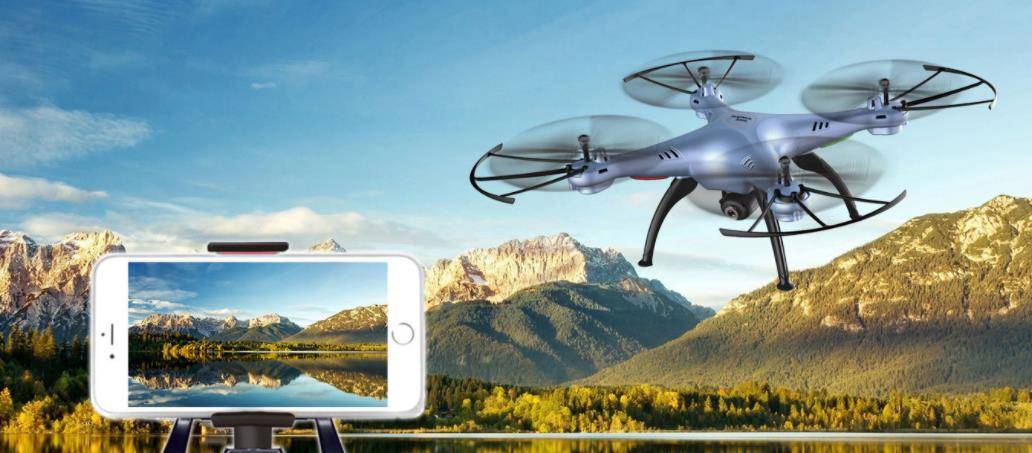The Federal Aviation Administration (FAA) requires all eligible drones to be properly registered before taking flight. Whether you’re a hobbyist or a commercial drone operator, understanding the process to register a drone with the FAA is crucial to compliance and ensuring safe aviation practices. This guide will provide detailed insights into how you can meet these requirements effectively, enhance your knowledge on drone regulations, and maintain optimal flight legality.
First, it’s important to understand why drone registration is necessary. Registration helps authorities identify drones and ensure they adhere to safety standards, thereby minimizing risks associated with unidentified or unsafe drone operations. The registration process signifies responsible ownership and operation, which is vital for maintaining airspace security.
How to Register Your Drone
To register a drone with the FAA, owners must complete a series of straightforward steps. Initially, determine whether your drone falls within the required parameters for registration. According to the FAA, drones weighing more than 0.55 pounds must be registered. This weight threshold includes most commercial drones and larger hobby models.
- Visit the official FAA Drone Zone website.
- Create a new account if you’re registering for the first time, or log in if you already have one.
- Follow the prompts to submit your drone details and owner information.
- Pay the registration fee, which is nominal but mandatory.
- Receive your registration number, which must be affixed to your drone in a visible manner.
Importance of Compliance
Compliance with FAA regulations is non-negotiable. Flying an unregistered drone can lead to hefty fines and legal consequences. Therefore, it’s imperative to ensure your registration is current and reflects any new drones added to your fleet.
Types of Drone Registration

Drone registration with the FAA can be either recreational or commercial. Recreational registration is suitable for hobbyists who fly drones for leisure and not for profit. Remember, even recreational drones exceeding the weight limits must be registered. Commercial registration applies to those using drones for business purposes, including aerial photography, mapping, and delivery services.
In commercial contexts, operators must also adhere to Part 107 regulations, which cover the licensing requirements for commercial drone pilots. Part 107 involves passing an aeronautical knowledge test, which equips operators with needed skills and understanding of airspace regulations.
Maintaining Your Drone Registration
After registration, it’s crucial to stay updated on FAA regulations as they evolve. Renew your registration before its expiration to avoid lapses in compliance. The FAA periodically revises its rules and regulations, and staying informed can prevent disruptions to your flying activities.
Additional Considerations
Aside from federal regulations, drone operators should also be aware of state and local ordinances regarding drone usage. These can vary considerably across different regions. Therefore, checking with local authorities regarding restrictions or specific permissions required for drone flights is recommended.
Frequently Asked Questions
- What do I need to do if my drone registration has expired?
- To renew an expired drone registration, visit the FAA Drone Zone, log in to your account, and follow the renewal instructions. Ensuring your registration is always up to date is crucial for legal operations.
- Can I fly my drone without registering it?
- Drones that weigh over 0.55 pounds must be registered before flight. Flying an unregistered drone can result in legal penalties, so it is not advisable.
- Do all drones need to follow Part 107 regulations?
- Only drones used for commercial purposes must comply with Part 107 regulations. Recreational drones do not require a Part 107 certificate, but owners must still register them if they exceed the specified weight limits.
Having a comprehensive understanding of FAA drone registration will safeguard your drone activities from legal issues and enhance your operational readiness. Adhering to these guidelines ensures you can enjoy your drone flights with peace of mind.